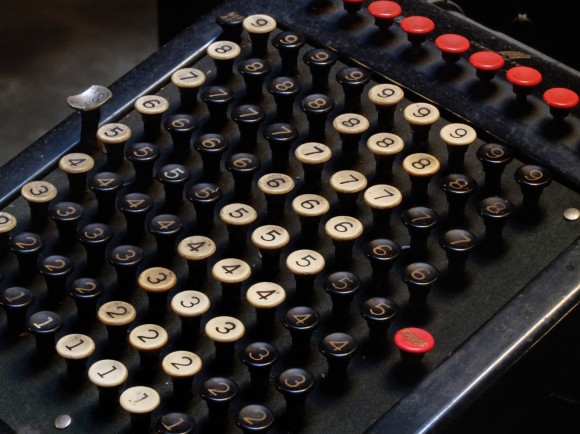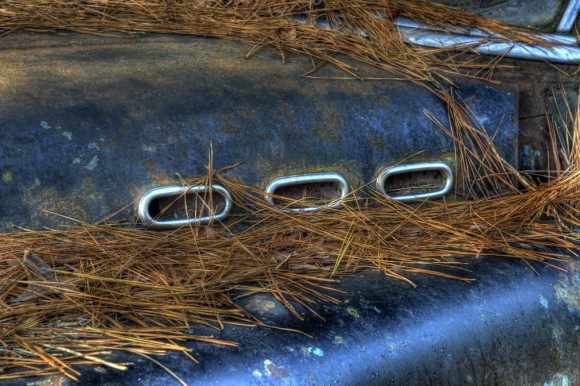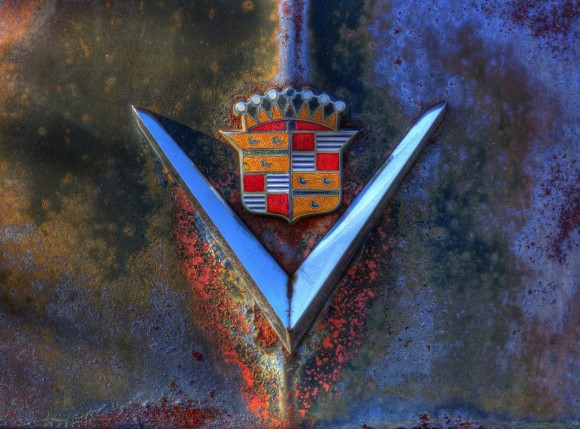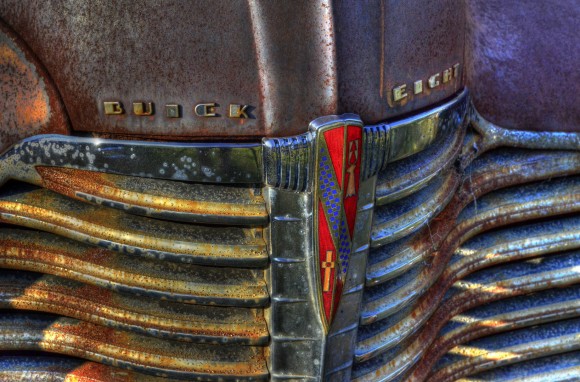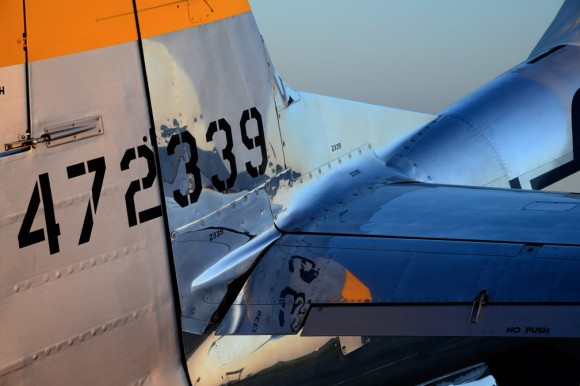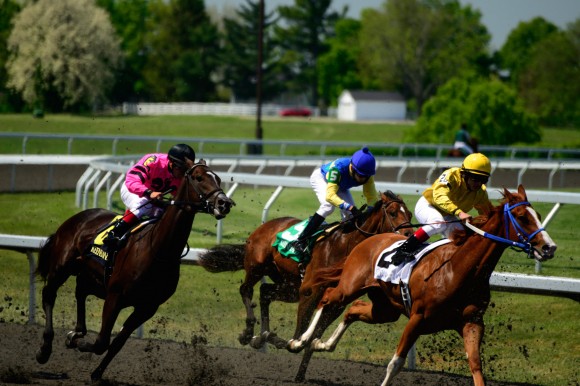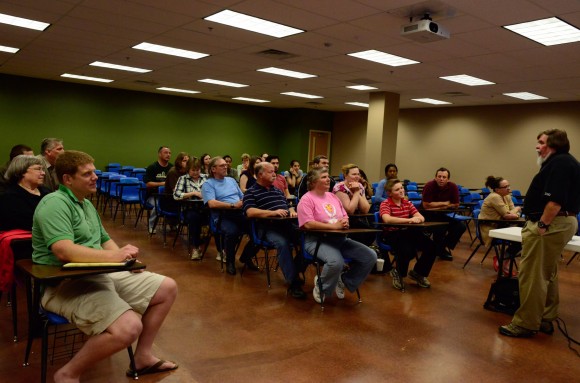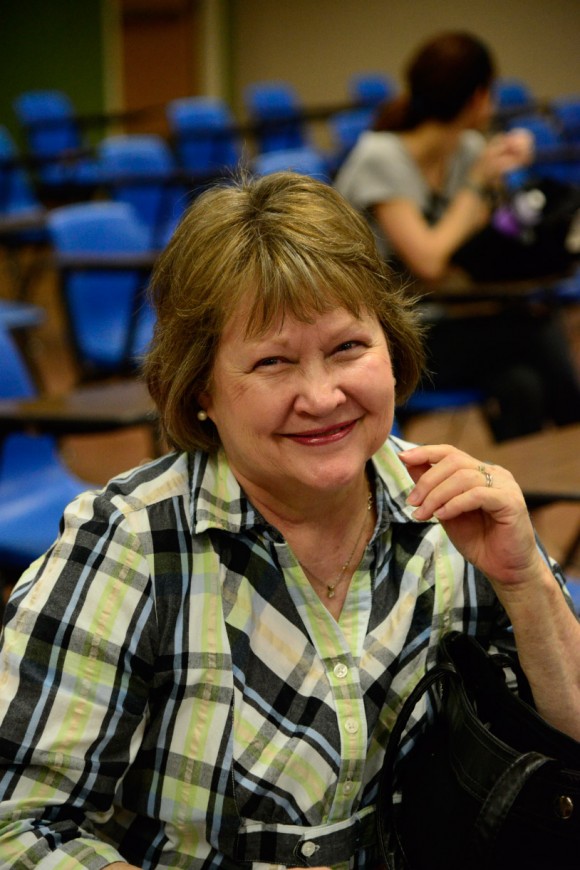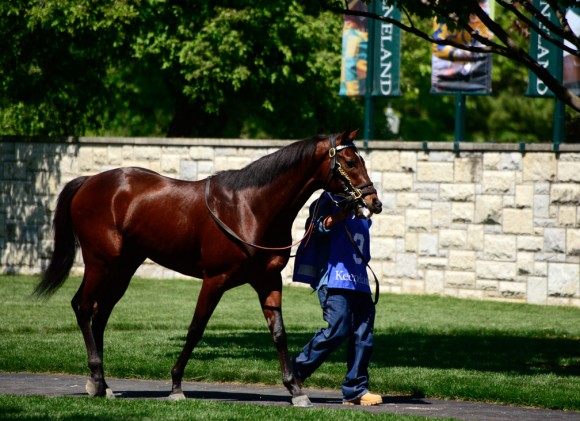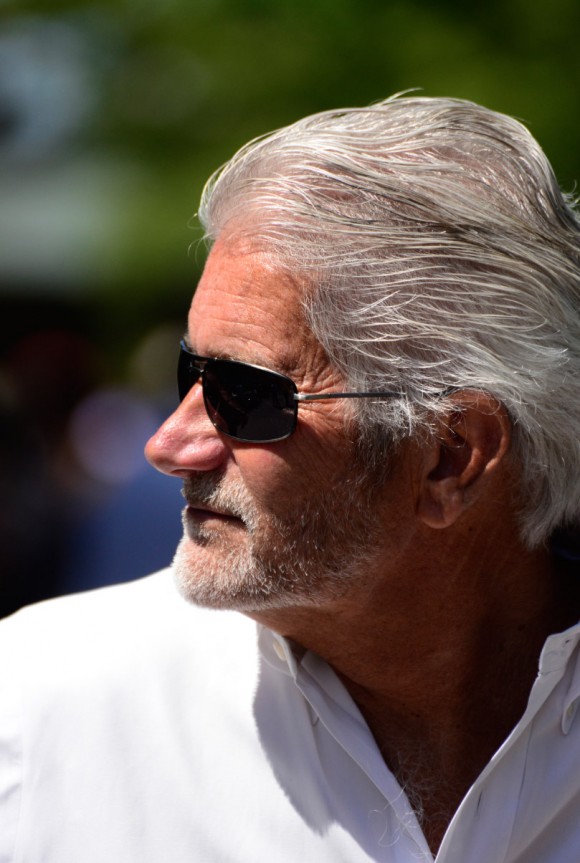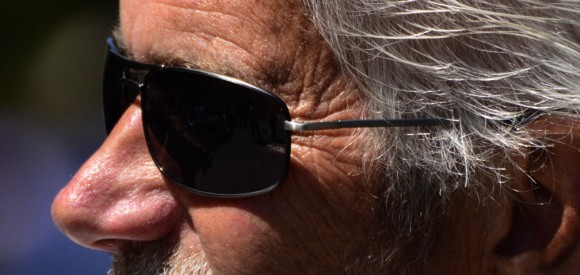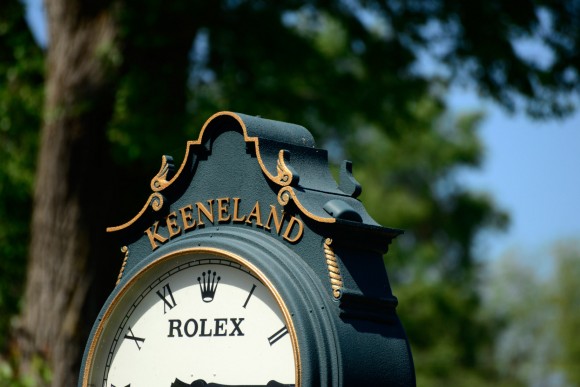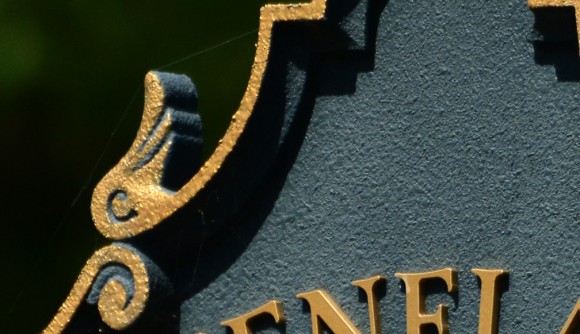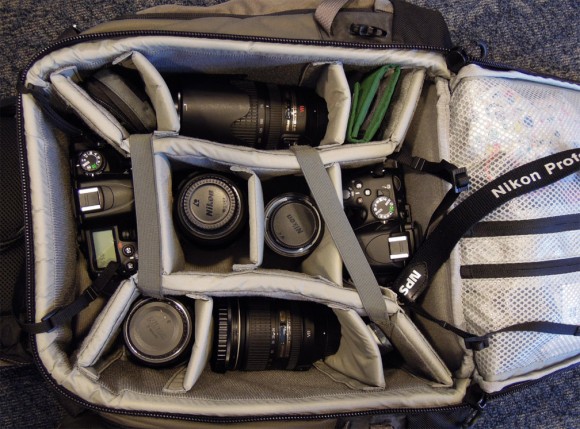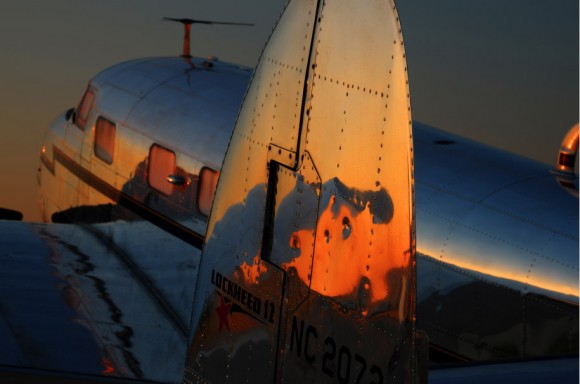Category : The Learning Center
I have been obsessing about camera bodies for some time, and the D4 and the D800 have just made things worse. We have so many great choices today, it is mind boggling! But that does not help me answer t he question of; “If you can only own a couple, which two do you own?” I had and interesting thought this morning and I want to share it with you.
If you were a NASCAR driver and you had a big race coming up, and you owned three cars, which would you drive in the race? If you were running in a marathon, which of your sets of running shoes would you wear? If you were going to a very important dinner with your wife, which suit would you wear? I think the answer in each case would be “your best one”. So if you are going to make photographs which camera do you use, your best one!
Now there is always the the question of which camera is best for which purpose, but I think we have explored that pretty thoroughly. ( * A quick note, I work for Nikon, I have always shot Nikons, even before I took a job with them, so I only talk about Nikon in my blog, that is not meaning any disrespect to Canon, Olympus, Pentax, Sony, Samsung, Leica, etc etc I just don’t know those other camera systems anything like as much as i know Nikon.) Back to my thought, If you shoot sports and do photojournalism a D3s or D4 are the best choice for you. For all the rest of us, we have a multitude of choices.
If I go out to make a photograph, I have one goal in mind, make the best photograph I can! Since I mostly do, landscape, nature, close-up, fine art, Americana, and travel work, I don’t really need the speed of a D4. I am most interested in image quality; sharpness, resolution, color quality, and to a lesser degree, low light ability. Based on that standard, as of today, one camera best meets those needs, the D800. Having said that, new cameras are alway being released, (that’s why I said today!) Who knows what the future will bring, interesting things I’m sure, but for right now I think the D800 is my ultimate FX camera. The top of the line DX camera from Nikon is the D7000 and I love that little camera, it is an exceptional camera, and for the money, a real value.
I have long suggested to serious photographers that shoot Nikon that they should own both a FX and a DX camera. It makes perfect sense to stretch the utility of your lenses. So without any further confusing developments, I think my two body system will be the D800 and the D7000 ( at least for today!!!!!)
O.K. Just for fun I will publish several photos below (all HDR shots from Old Car City and one not!), try to figure out what camera they were taken with, I will reveal the answers Monday!
Good luck!
This post has 12 comments. Click here to read them
This entry was posted on Saturday, April 21st, 2012 at 1:57 pm
You can follow any responses to this entry through the RSS 2.0 feed.
I have now had a D800 for about a month, actually 25 days to be exact. I love the camera and can state it is like nothing I’ve ever shot before, but like all cameras it has it’s quirks, and I wanted to take it into the field and do a practical test of how it would handle certain situations in every day use. I chose to go up to Keeneland Race Track with my good friend and shooting buddy Chuck Summers. there I could shoot some hand held and mono-pod mounted shots of action and just high resolution subjects at varying ISOs. I will share some images and my thoughts, and let you draw your own conclusions.
The shot above was my feeble attempt at a racing shot, I say my feeble attempt because in the course of working for Nikon I cover the Kentucky Derby each year and have done several Breeder’s Cups. At these races I work with and serve some of the greatest race horse photographers in the world, people like Skip Dickstein, Dan Dry, and many others, if they saw my shot above, they would be a long time getting off the floor from being doubled over with laughter! Having said that, if I used the D800 to shoot a horse race this is about what I would get! Except for the very contrasty light, and my having cut off the horses legs, something they hate for obvious reasons, it’s not a bad shot, and the D800 performed admirably. Keeping in mind that the D800 is not a sports camera, for single frame shots it did the job. When you consider this is a hand held shot shot at ISO 160, I was pleased with the results.
The other night in Lynchburg, at Liberty University we did and evening program for the community, Tim Isaacson’s son, Silas, shot some images with the D800 while I spoke the image below is one of his shots. Several things to know, the image was shot hand held at 1/125th of a second with and at ISO of 6400. It is pretty darn sharp, I sure couldn’t have held it that steady! It was slightly underexposed causing the noise to pop a little, so I took it into a noise reduction program and pulled out the noise, even after that the rich detail kept the image looking very sharp, you can judge for yourself!
While we are talking about noise, here is another of Silas’s shots this one at ISO 5000 and with good exposure, it is pretty clean!
Going back to Keeneland, I wanted to shoot some images the way I usually work when I can’t have a tripod along, so I shot the image below of one of the trainers walking a horse. The image is pretty sharp, which means it’s not tack sharp, in spite of my having shot at a very fast shutter speed of 1/8000th of a second. I shot at ISO 1600 to be able have such a high shutter speed. My conclusion is if Silas had shot it it would have been sharper, not the camera’s fault!!!
While on the subject of sharpness, I saw a white haired distinguished gentleman in the crowd and got a few head shots of him. His white hair would be a good test of sharpness. The shot was made at 1/6400th of a second with an ISO of 1600, the lens for the shot and actually all of them, was my favorite 70-300 AFs VR f 4.5-56. Nikkor zoom. First you will see the full file then below that, the file at 100% sized to fill the frame, but still 100%!!!!!
Finally I wanted to see if I could get a sharp image from a hand held shot, remember this is a 66 year old man hand holding a very high resolution camera. I shot this small section of the Rolex Keeneland clock with the 70-300 at 300 wide open. I used a reasonable ISO of 800 and turned VR on, the hand held speed was 1/4oooth of a second. I was very pleased with the result, hey I’ve still got a little of the juice!
To show just how capable this camera is, I blew the file up to a “ten foot wide” print file!!!!! Look at the spider web in the upper left hand corner of this segment of the huge print, wow!!!!!
Conclusion: The D800 is the most fantastic high resolution camera I have ever shot, period. The files are big, it will require large memory cards, it MUST be shot very carefully if hand held, and it deserves and needs to be tripod mounted whenever possible. If you can live with all of that, you may just be looking at the most capable camera to ever come down the pike. If you’re a photojournalist or sports shooter, you will be happier with a D4, with it’s faster speeds, and bigger buffer, and ridiculously low noise at high ISO. If you are anyone else and can live with slower processing times, you simply can’t make better images with anything else…….
Have a blessed weekend, more to come!
the pilgrim
Hey, after that last shot, I’m feeling the juice! Maybe there is hope at this age!
Go listen the song I’ve been rocking to!
“Ain’t No Mountain High Enough”
Ain’t no mountain high
Ain’t no valley low
Ain’t no river wide enough, baby
No matter where you are
No matter how far, Don’t worry Baby
Just call out my name
I’ll be there in a hurry
You don’t have to worry’Cause baby,
Ain’t no valley low enough
Ain’t no river wide enough
To keep me from getting to you…….
This post has 4 comments. Click here to read them
This entry was posted on Friday, April 20th, 2012 at 2:30 pm
You can follow any responses to this entry through the RSS 2.0 feed.
This month’s issue of Outdoor Photographer, their Landscape Issue, has a good article about three lens packages, and it moved me to expound on their conclusion, which by the way are good suggestions! I want to take the conversation alittle further. Please remember that I work for Nikon and my knowledge of lenses is very much tied to Nikkor lenses, however most of my conclusion can be applied to other systems. Since this is a article of suggestion let me set some ground rules;
1. The lens is the most important part of the camera, it focuses the light on the sensor and the quality of the image, the sharpness is up to the lens! Selecting lenses therefore is a very important issue in building a system.
2. The focal lengths of lenses that you need are determined by the kind of work you do. If you don’t shoot sports or wildlife or any other specialized subjects that need very long glass you don’t need a lens longer than 300mm or 400mm at the longest.
3. Most photographers find it useful to own a wide angle lens, a moderate focal length lens, and a moderate telephoto zoom. Wide angle zooms come in many ranges most covering somewhere between 14mm and 35mm. Moderate zooms run from about 24mm to around 70mm, 105mm or 120mm. The most common telephoto zooms go from 70mm to either 200mm or 300mm. A three lens package that includes most of these focal lengths will cover virtually any normal subject.
4. Lenses for Close-up work vary from 50mm and 60mm to 85mm, 100mm, 105mm and 180-200mm. They be selected based on the working distance desired, long focal length will yield more working distance. In the case of Nikon, all Micro Nikkor lenses are spectacular in performance!
O.K. my suggestions are simple, I will take each Nikon camera or groups of cameras and suggest a three lens package and a Micro Nikkor to go along with each of them. In each case I have extensive personal experience with the lenses listed, and can vouch for their performance.
Nikon D3100, D5100, D300s, D90, and D7000 (All DX Sensors)
1st Choice for Wide Angle Zoom 10-24 AFS or 12-24 AFS
1st Choice for Mid Range Zoom 16-85 AFS VR or 24-120 AFS-VR f4
1st Choice for Telephoto Range Zoom 70-200 AFS VR II f 2.8 or 70-300 AFS Vr f4.5-5.6
Recommended Micro lenses 40mm f 2.8 DX – 85mm f3.5 DX – 200mm f 4
Nikon D700, D800, D3s, and D4 (All FX Sensors)
1st Choice for Wide Angle Zoom 14-24 AFS f2.8 or 16-35 AFS VR f4
1st Choice for Mid Range Zoom 24-70 AFS f 2.8 or 24-120 AFS-VR f4
1st Choice for Telephoto Range Zoom 70-200 AFS VR II f 2.8 or 70-300 AFS VR f4.5-5.6
Recommended Micro lenses 60mm f 2.8 – 105mm f2.8 – 200mm f 4
There are lots of other choices and many that can be highly recommended, but, in most cases, they are more specialized lenses, like Nikon’s 24mm f 1.4, 35mm f1.4 and 85mm f1.4, these are a subject for a future article.
Hope that helps in your system planning!
the pilgrim
This post has 5 comments. Click here to read them
This entry was posted on Wednesday, April 11th, 2012 at 4:13 pm
You can follow any responses to this entry through the RSS 2.0 feed.
I knew it would happen, in fact, to be honest, I kinda hoped you would! The D800 has been the source of more excitement than any camera I’ve ever seen. So since you have questions I’ll give it my best attempt to answer them, and thanks again, you came up with some good ones!
1. Is there a time that, that much resolution is a disadvantage? Not often, it’s kinda like being too thin, too good looking, and too rich! Now you can have a lot more resolution than you need, but truthfully that is hard to imagine as well. Just because you have a ton of resolution it doesn’t mean you have to use it! The only disadvantage is, will the file being that large, be a problem for you? If you can afford some larger cards and some ram for your computer, and fixing a turkey sandwich while some files crunch, you have no problems at all!
2. Really, how much does movement affect sharpness with this sensor? A little more than with other sensors, movement costs sharpness, no matter what camera, this sensor just ups the ante some. The bad news is you can’t be sloppy, the good news is you shouldn’t be sloppy anyway!!! So use great technique, and get great results! Nobody ever said everything in life would be easy!
3. I shoot mostly sports but would love that resolution, should I consider the D800? I think the D4, D3s or D3 are far better choices for the sports shooter. The D4 has a lot of resolution and more than enough for almost any kind of sports work. If you do sport portraiture or feature story sports a D800 would have a good place in your bag! The D4 just has so much speed and agility, it just begs for action!
4. How much difference can you see in images where their is not a lot of details or smooth gradations? Not as much as when those things are present, however sharpness is sharpness, and everything will have more bite with the D800. Even straight nature subjects will have more subtle details, and that is a very good thing.
5. I’m ready to spring for a D800 is there any reason why I shouldn’t make that my main FX sensor camera? I just wonder if it is the best all around choice? I understand your concern, it is a radically different camera than we have seen before, but if resolution is important to you and speed is not as important, it is still the way to go, in my humble opinion.
6. Is the focus as fast as in the D4? It should be almost the same, if not identical, it uses all the same systems for autofocus system, the Multi-Cam 3500FX module, and the same Expeed 3 processing chip.
7. Is there anything that you like more about the D4? Yes, battery life, build quality, speed, the feeling that only the big Pro D camera can give you. It is close to indestructable and the files are very sweet! The only thing it lacks is the “extreme” resolution of the D800.
8. If you could only have two cameras to use for everything you do, which two? In digital SLRs I need two cameras one to make the best possible image, resolution, color and control over the photographic situation; D800, and one that is still very high resolution, but lighter and easier to carry for travel and in the DX format to stretch my longer lenses; D7000. You may hold me to that until new cameras are released!!!
9. I noticed you mentioned larger cards and you said 32 and 64, why not 128 gig cards? I think it is better to have a few more smaller cards than one very large one. If you use your 128 gig card you’ve lost the entire shoot, if you loose one of your 32 gig cards, you’ve at least cut your losses! Plus the 128 gig cards are very expensive.
10. Is the new metering system in the D800 a big improvement? Yes, it works fantastic!
Hope that helped, it’s slow at the Masters so I had plenty of time to take your questions!
the pilgrim
This post has 6 comments. Click here to read them
This entry was posted on Sunday, April 8th, 2012 at 4:48 pm
You can follow any responses to this entry through the RSS 2.0 feed.



